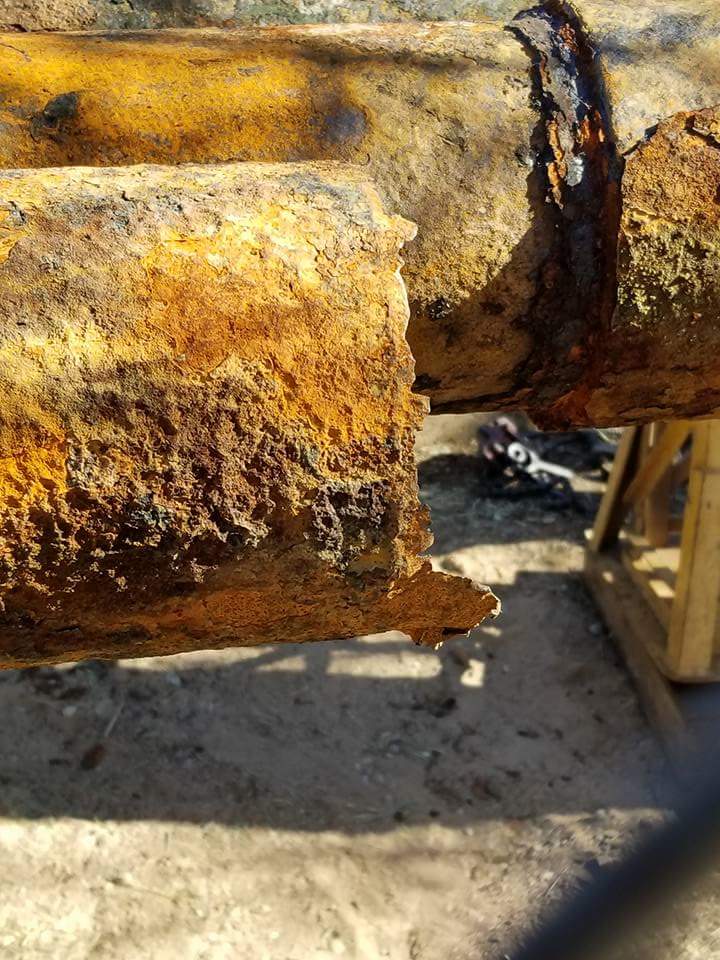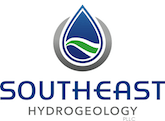SYSTEMATIC WELL MANAGEMENT
The Systematic Well Management approach treats a water supply well as a valuable asset throughout its entire life, from initial well siting studies, design and construction, through routine diagnostics and well rehabilitation to maintain well health and on to eventual well replacement. This method allows for proper planning and budgeting to maintain a productive well while minimizing its life-cycle costs.
Southeast Hydrogeology uses a systematic well management approach to assess the current condition of the well, make any necessary correctional measures and then develop an operational plan to maintain a healthy well moving forward.
Because water wells are a valuable asset, they need to be treated as such. Yet, the primary method of well management remains the “run to failure model.” Southeastern Hydrogeology’s approach to systematic well management starts with an initial Well Health Check to get a snapshot of the current condition of the well.
Once the current well conditions are established, Southeast Hydrogeology develops a series of recommendations to return the well to optimal operating conditions given its current condition. These recommendations can include well rehabilitation recommendations and, if necessary, recommendations for additional well diagnostics.
To maintain the health of the well over its remaining life, an Optimal Well Performance Plan will be developed and implemented. This plan will include tracking Key Performance Indicators (KPI) of well health, semi-annual review of these parameters and well performance, scheduled well rehabilitation based on the KPI and annual well maintenance procedures. The plan includes recommendations for the specific well, as every well can require a somewhat different approach.
A representative list of our well diagnostics and troubleshooting services includes:
- Well Health Check
- Well Profiling
- Assessment of Naturally-Occurring and Anthropogenic Contaminants in Wells
- Development of Optimal Well Performance Plan for Each Well
- Development and Tracking of Key Performance Indicators for Wells
- Well Rehabilitation Design and Oversight
- Well Maintenance Design and Oversight
- Video Logging
- Hard to Diagnose Well Problems
- Advisory Role for Small Water Districts with Groundwater Supply

Well Health Check
The Well Health Check provides a current “snap shot” of the health of the well and consists of laboratory testing of chemical and biological components, as well as a review of physical measurement parameters, well construction, and other maintenance history. The Well Health Check will then make recommendations for well rehabilitation, routine monitoring and maintenance moving forward.
Optimal Well Performance Plan
The Optimal Well Performance Plan builds on the Well Health Check to develop a long-term plan to maintain a healthy well throughout the remainder of its life span. This includes routine monitoring of performance parameters, conducting well rehabilitation as the performance parameters indicate and conducting routine annual maintenance. The Optimal Well Performance Plan is tailored individually for each well.
Well Profiling
Where wells are impacted by naturally-occurring or man-made contaminants such as arsenic or nitrates, an alternative to expensive treatment plants may be to conduct vertical flow and contaminant profiling and then modify the well to minimize the impact of these contaminants, reducing or eliminating the need for treatment.
